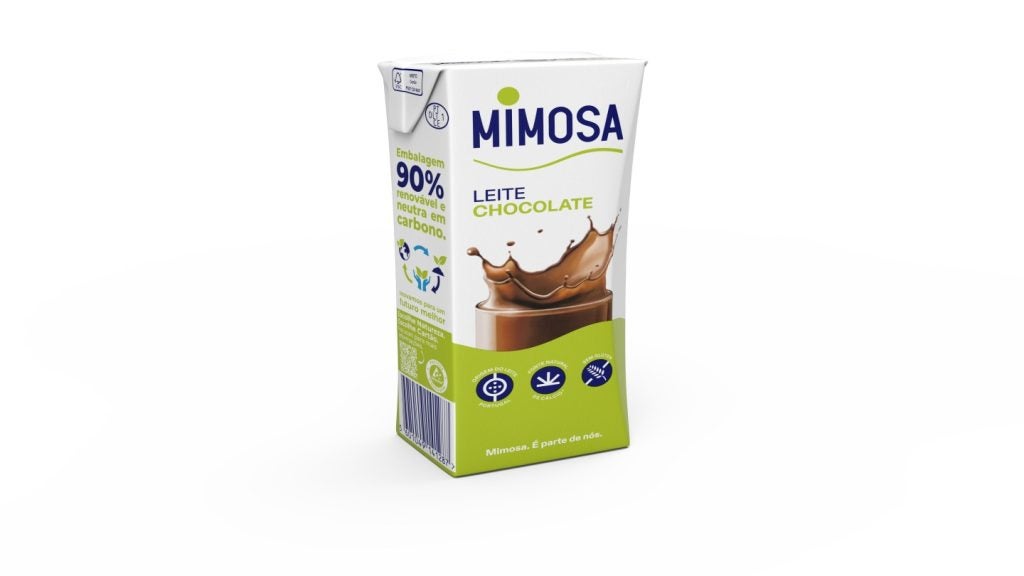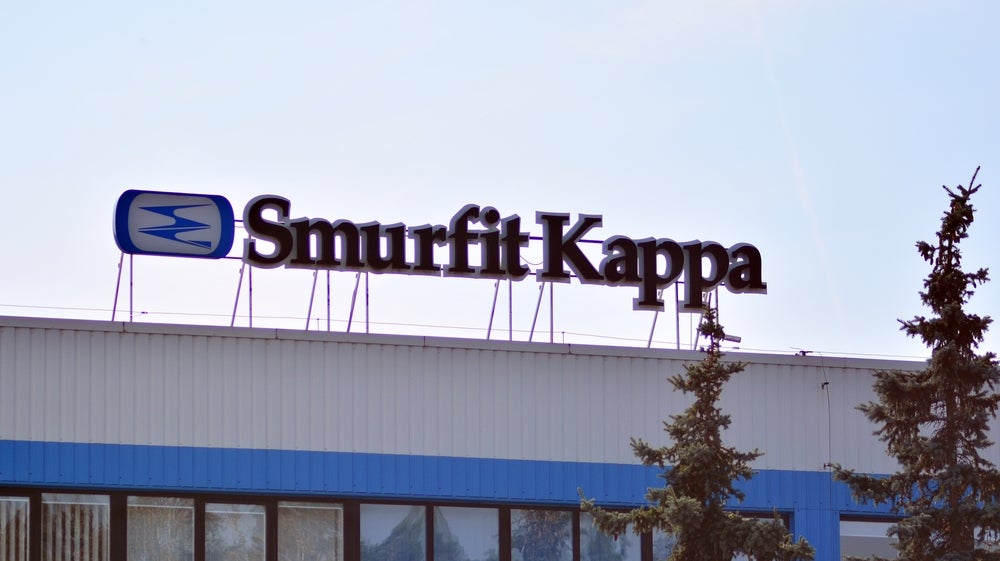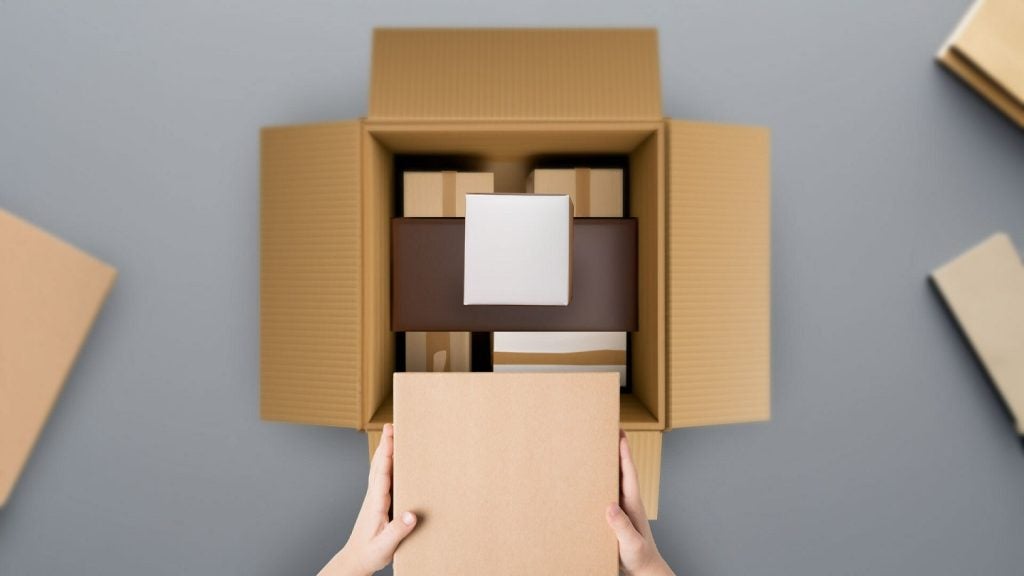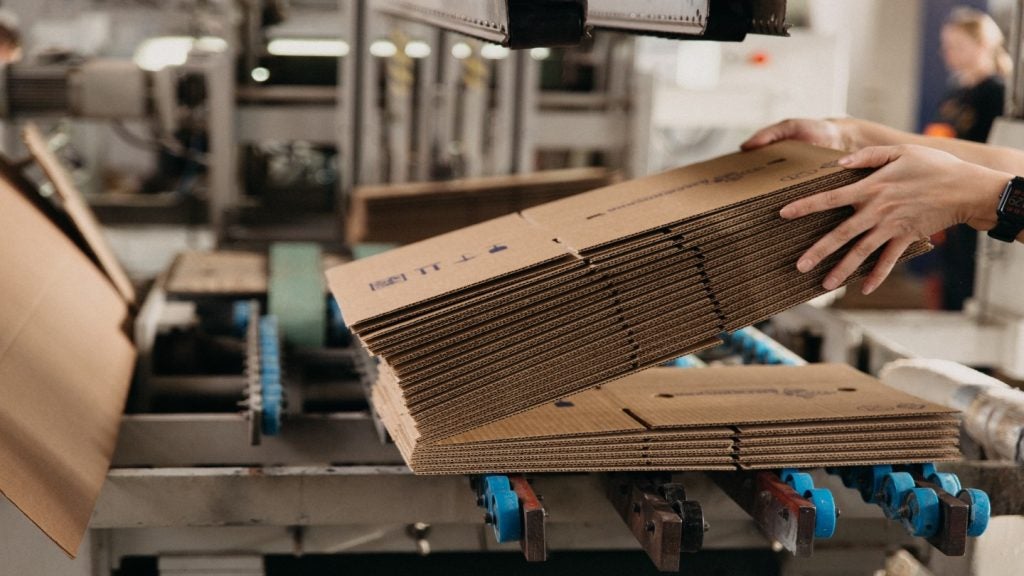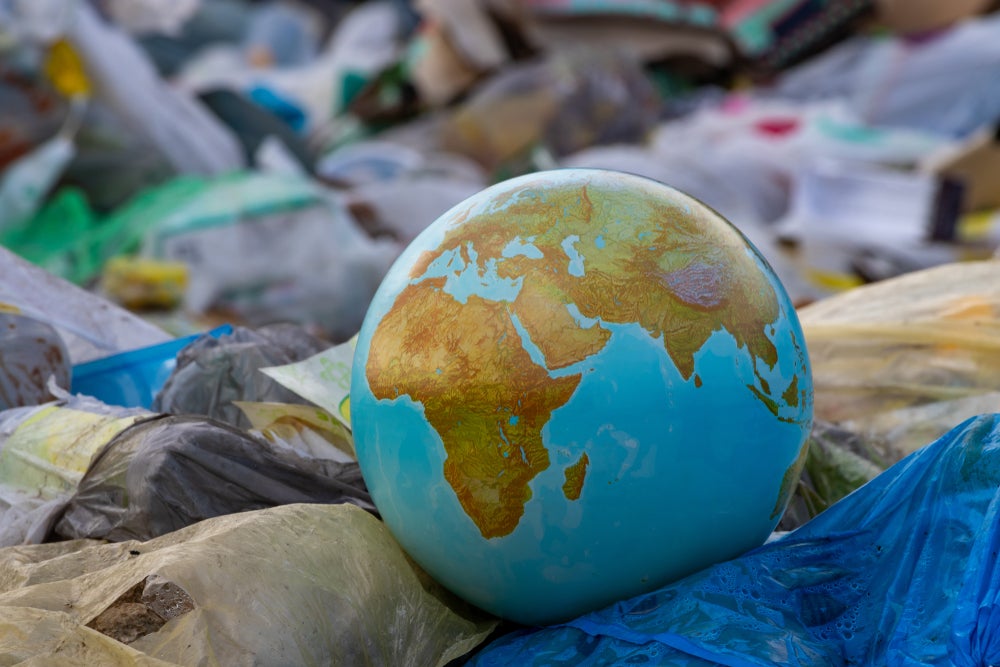Tetra Pak, in collaboration with Portuguese food products company Lactogal, has rolled out the Tetra Brik 200 Slim Leaf aseptic beverage carton, featuring a paper-based barrier.
The carton is made using approximately 80% paperboard, which increases the use of renewable content in the package to 90%.
It also minimises the overall carbon footprint by 33% and has been certified as Carbon Neutral by the Carbon Trust.
Tetra said that this aseptic carton has been designed to support distribution under 'ambient' conditions.
The launch further brings Tetra a step closer to its broader ambition to manufacture a beverage carton exclusively using responsibly sourced renewable or recycled materials, thereby making it a fully recyclable and carbon-neutral packaging alternative.
By 2025, Tetra is planning to launch industrial-scale production of this solution.
Lactogal president José Capela said: “Our collaboration with Tetra Pak centres on a shared belief that a more sustainable future is possible.
“Innovating together is a big part of that. We are both focused on an ambitious sustainability transformation, and this new carton’s 33% reduction in greenhouse gas emissions, together with its Carbon Neutral certification by the Carbon Trust, is a significant achievement towards this goal.”
The Tetra Brik Aseptic 200 Slim Leaf carton was launched after the completion of successful commercial consumer testing carried out by both companies in 2022.
According to Tetra, this effort is part of large-scale technology validation, involving approximately 25 million packages, which is currently underway in Portugal.
Tetra Packaging Solutions executive vice-president Ola Elmqvist said: “The development represents a critical marker in our longstanding work to design beverage cartons for recycling - something that is continuing to set the pace for the paperisation of packaging.
“By joining forces with Lactogal, we are now demonstrating that it’s possible to progress the sustainability of aseptic beverage cartons while securing food safety and enhancing food access.”


